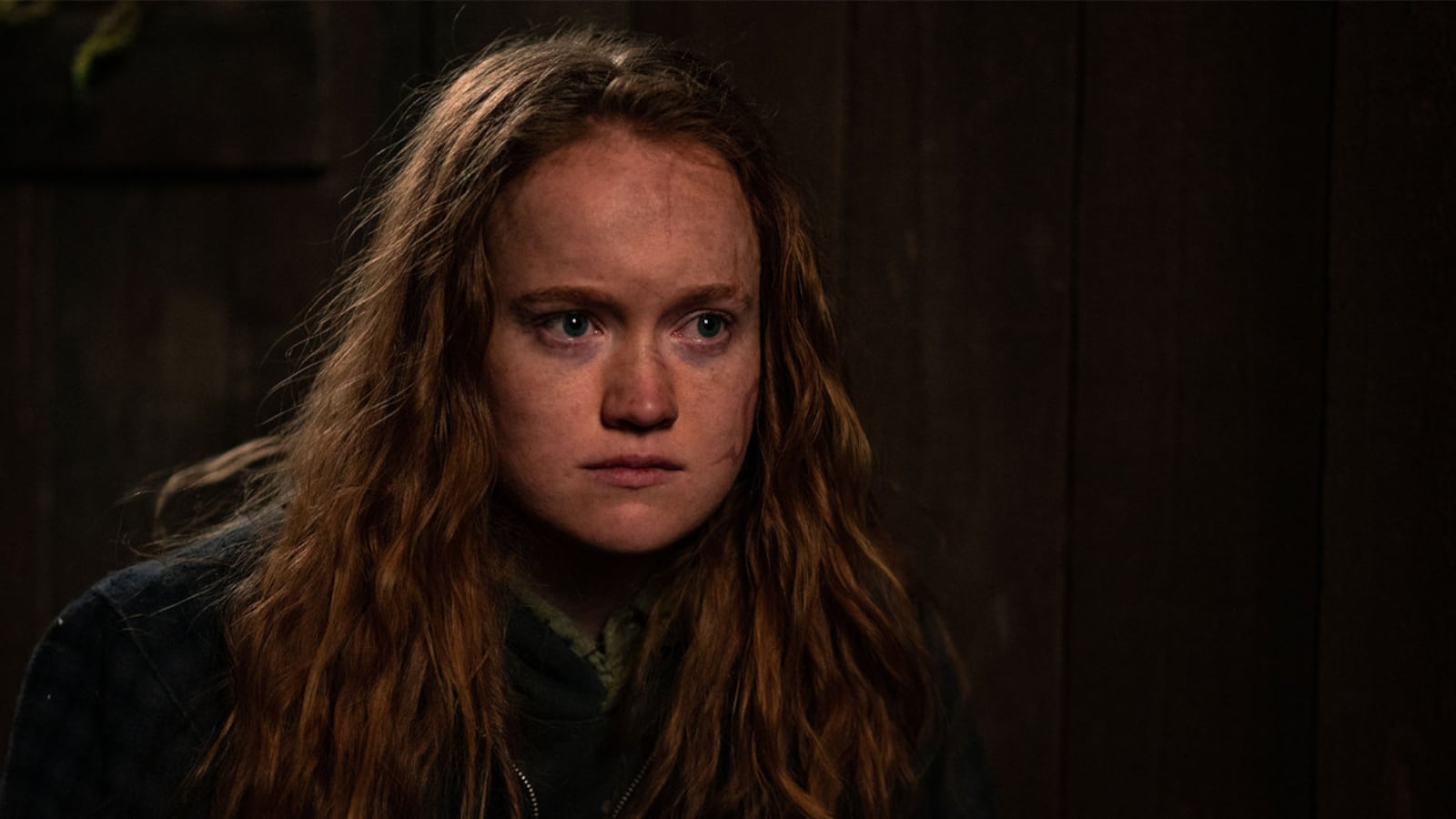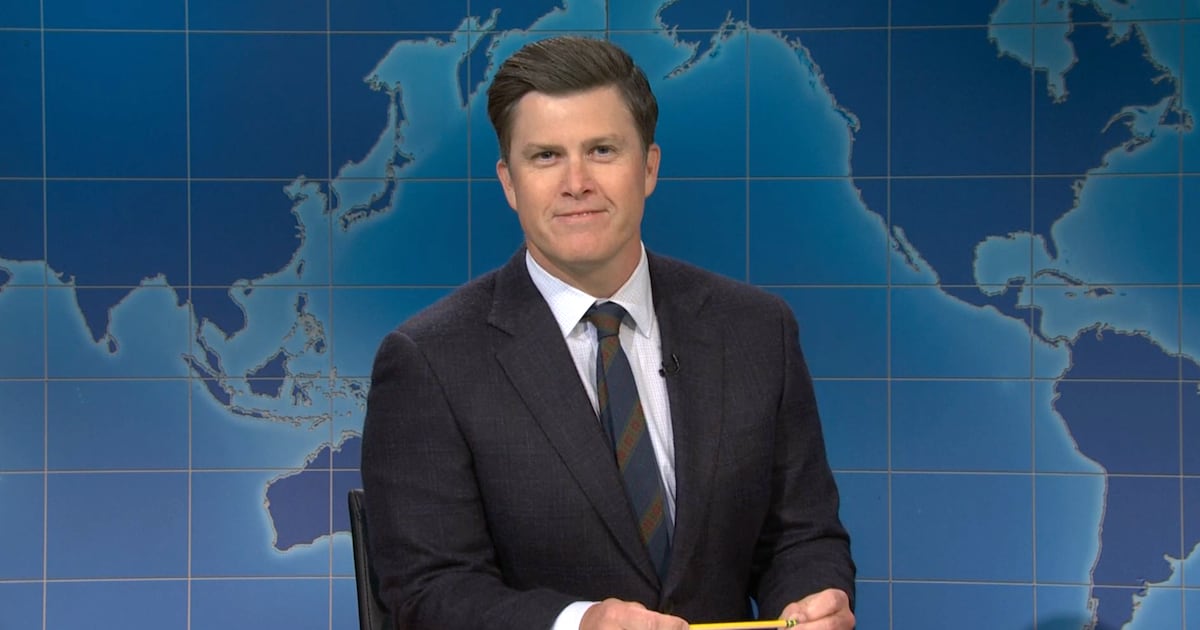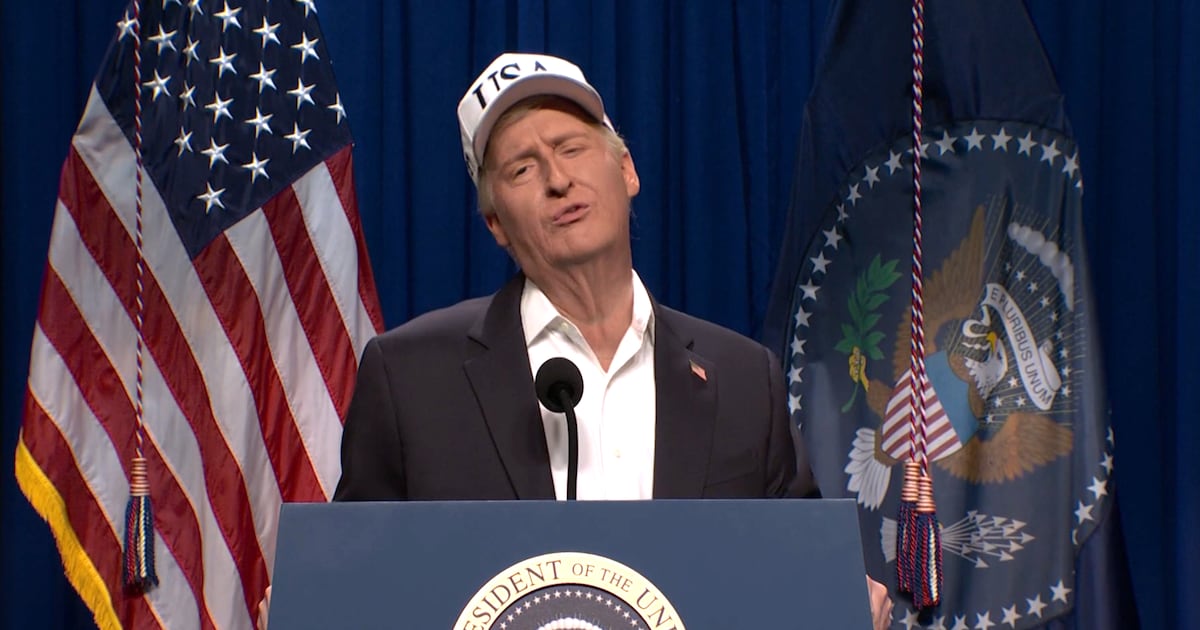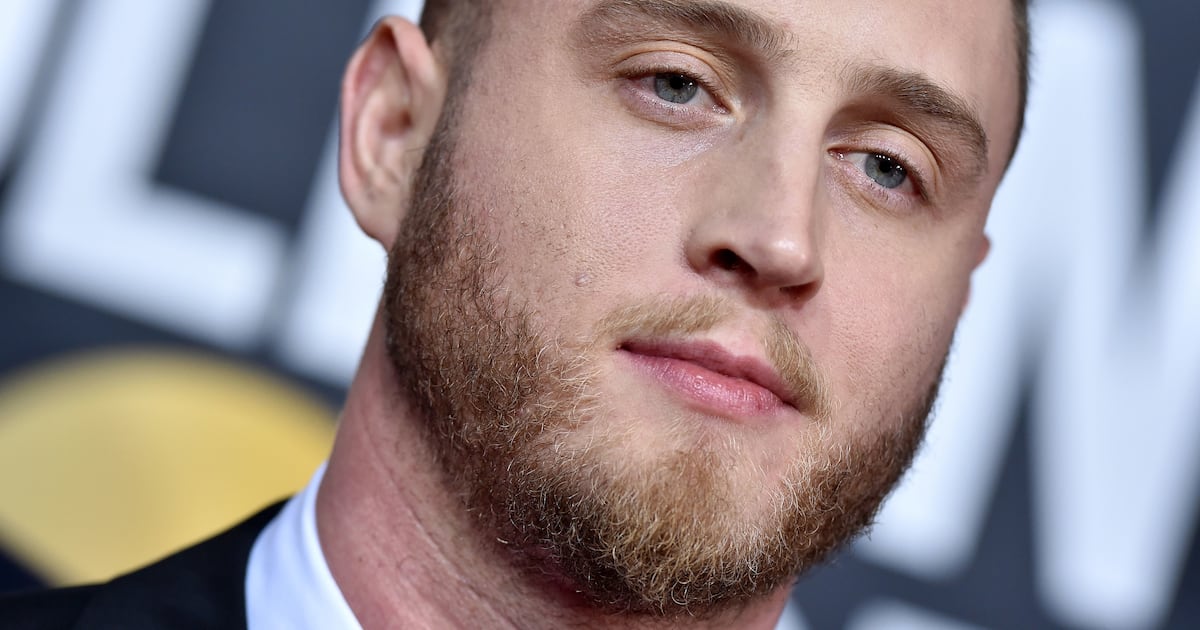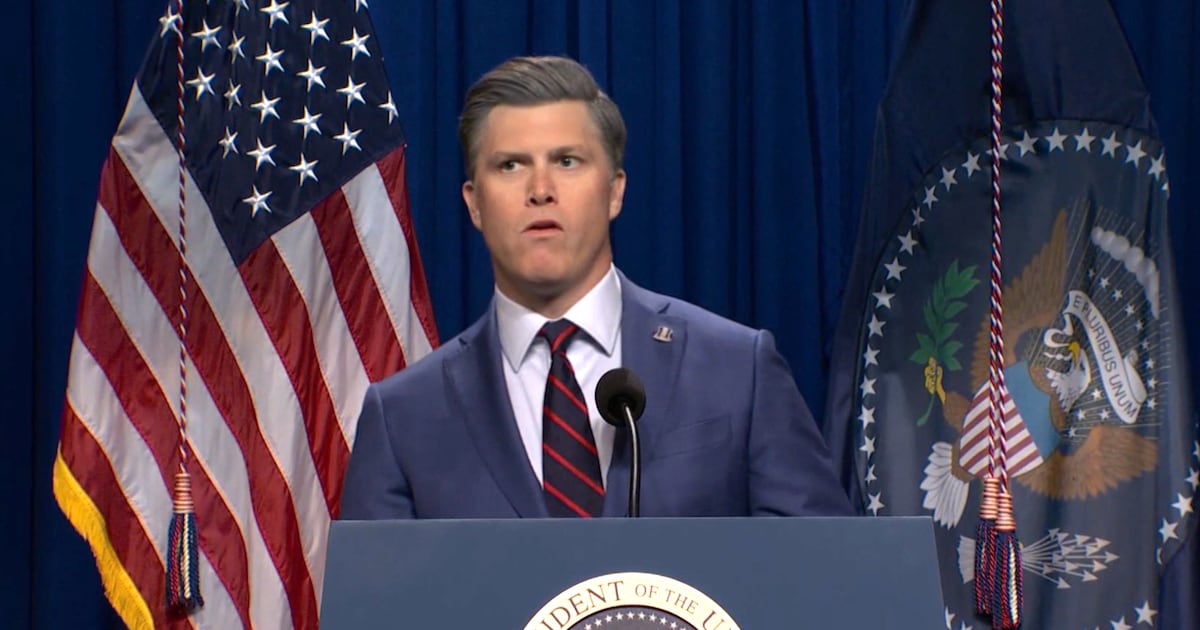After sitting with the finale of Yellowjackets Season 2, I keep coming back to one thought, reverberating throughout my mind: It isn’t fair. There are endless layers to peel from that one sentiment, and I’ll touch on all of them in this recap. But my biggest takeaway is that Yellowjackets delights in reminding us of life’s inequity, and it has done so all season.
Things weren’t fair when a group of teenagers crash-landed in the wilderness, resorting to violent means to stay alive. They weren’t fair when the brilliantly clever television produced in Season 1 took a nosedive in Season 2, faster than that fictional plane went down. And nothing was remotely fair about this season’s finale, which left every single character scorned by life’s cruelty, and the show’s most notable symbol of hope in a dark world dead.
Sure, the world isn’t fair. But the sheer bleakness with which Yellowjackets ended its second season was a disservice to fans and critics alike. We have sat through this season, hoping for some indication that the writers would find a way to jolt this show from its dismal dullness. Last season’s finale may have been just as dark, but there was at least an indication that its central group of women had found strength in each other. On top of that, there was a path paved for the show to move forward. I only hoped that Yellowjackets Season 2 could stick the landing. Instead, it overshot its mark entirely.
That was evident from the finale’s opening scene alone, where the teenage Yellowjackets brought Javi’s dead body back from the frozen lake, which he had fallen into during the group’s violent manhunt. This slow-motion sequence is set to the Cranberries’ “Zombie,” a needle drop that is both cloyingly obvious and woefully overused. It’s a song about conflict that results in violence, so it’s certainly appropriate in context, but it feels like a cheap play to emotion.
As Teen Natalie, however, Sophie Thatcher sells this scene entirely. She must tell Travis that his brother is, once again, gone—a nice callback to her having to do the same thing, earlier in the season, when she lied about finding Javi’s blood-stained clothes in the woods. Here, with Javi’s dead body hanging from a branch behind her, the exhaustion can be heard in her rattling voice and seen on her face. Natalie can’t even look Travis in the eye until she’s finished telling him that his brother is dead, a wise performance choice from Thatcher.

In the present day, Adult Lottie is still convinced that her group of old friends has all been drawn back together again by the darkness that followed them from the woods as teenagers. The only way to calm it is with another hunt, the same way they used to. Shauna buys the group a day’s time by pretending to side with Lottie, then proposing that they reinstate their hunt in 24 hours. That gives the rest of the women time to hatch a plan to have Lottie committed to psychiatric care and save their own lives. This includes getting the police off Shauna’s back, after they recovered Adam Martin’s bodily remains. To do this, Misty utilizes the shady skills of her pal Walter, who has finally made himself interesting for the first time this season.
For a season that succeeded much more when it was focusing on its younger, ’90s-era counterparts, it was a bold choice to spend the finale largely in the present day. The adult versions of these characters have all had their storylines kneecapped, and this episode did nothing to rectify that. In fact, this season’s final entry stalled the present-day storyline to a complete halt by its end. Back in the ’90s, Travis is emotionally contending with having to bite into his brother’s literal heart. The group is eating real food for the first time in weeks, but it’s their cohort’s human meat! Can’t we check in with them?
No, instead, we must be subject to this hunt. Adult Van, who revealed out of absolutely nowhere in the last episode that she has cancer, has lost her entire will to live in just a few short days. She hurries along the requisite card draw, hoping that one of them will finally pick the queen of the hearts from the deck of cards and be chased down with knives. The card-drawing scene does finally give us an extended glimpse into how the group’s rituals evolved as they spent more time in the woods, but not much. Shauna draws the queen, and the group chases her for 10 seconds, before Shauna’s daughter Callie intervenes from nowhere, shooting Lottie in the shoulder. Why the rest of the adult Yellowjackets have suddenly decided to play along with Lottie’s request for the hunt, after all agreeing that it’s bogus and that Lottie is deeply unwell, is never explained.
The group stands around, fighting over whether there really is some spirit following them. Shauna screams at Lottie, “You know there was no “It,” right? It was just us.” Lottie responds by asking her if there is a difference at all. That’s the big question of the show: Is there actually supernatural interference, or is it all metaphorical? It would be lovely if the writers could make up their minds and tell us one way or the other, instead of dancing in the irritating middle ground.
During the group’s argument, Lisa—the woman at Lottie’s compound that Natalie befriended this season—approaches with a shotgun, demanding to know what’s going on. Natalie tries her best to calm Lisa, to no avail. Trying to save her best friend from being blown away by a double barrel, Misty tries to disarm and stab Lisa with a drug-filled syringe, but Natalie moves Lisa at the last second, taking Misty’s syringe to the shoulder in the chaos of the moment.
It would be a shock, if this scene weren’t edited so choppily. A series of quick cuts undo all of the impact, making it difficult to ascertain what or how this even happened. The aftermath unfolds plainly, with an ambulance to take Natalie’s body, while the police try to figure out what went down. (The stated cause of death is “drug overdose.”) We do, however, get some interesting flashes of Natalie, in some sort of jet plane purgatory. She’s trembling in a middle seat (more like hell than purgatory), awaiting death, and comforted by Teenage Lottie and her own teenage self. It’s a hint at something beyond this life—a sensation that the Yellowjackets became in touch with when they were young—but nothing more.

Season 2 wraps up with few final details. In the ’90s, Lottie designates power to Natalie, making her the new Antler Queen, after “the wilderness saved her” at the end of the last episode. They’ll need some guidance for sure, since Coach Ben sets the cabin on fire while they’re sleeping, leaving them all to fend for themselves in sub-zero temperatures. Seeing their only comfort—the place that keeps them alive—go up in flames is relentlessly grim. You can feel these characters’ despair. But when it all fades to black and those credits roll, what the hell is left? Yellowjackets traded any sort of elucidation about its supernatural occurrences, character motivations, and about two dozen hanging plotlines for a major character death and a fresh start.
Killing Natalie is unfair; there’s no doubt about it. It’s cruel, and so is life. I’m well aware that part of the point of Yellowjackets is to highlight this seemingly random cruelty. But Natalie is the most fully shaded character on this show, the only one whose pre-crash backstory is genuinely memorable. Both Juliette Lewis and Sophie Thatcher have done stellar jobs at perfecting this character’s physicality and vocal affectations to mimic one another across two timelines. We’ve seen Natalie fuck up, stumble, hit rock bottom, and claw herself out from that pit. And while the writing in Season 2 might’ve given Adult Natalie the shaft, glimmers of that hope from the first season remained.
Those dregs of Natalie’s plotline have now been snuffed out, and her adult character has been tossed out the window. I don’t think it’s exactly illogical to wonder if this is a result of Lewis allegedly seeming unhappy with the way her character’s arc was evolving—which she alluded to in a 2021 New York Times profile—and which many fans have claimed to notice at other press stops. It’s hard to discern any other reason as to why the writers would kill off a character that they worked so hard to develop into an emotionally resonant, relatably human piece of this endlessly confounding puzzle. It’s even more difficult to think of where Yellowjackets could possibly go from here without her.
I wouldn’t fall back on this comparison if the Yellowjackets creators didn’t reference it first, but looking back at Season 2, I am reminded of Twin Peaks; David Lynch’s cult-classic series had a similarly laborious second season. Despite the show’s thorniness, Twin Peaks was able to effectively tease something greater at play, even when it was out of sight. Supernatural malevolence often took some sort of corporeal form or revealed itself in surreal scenes that still had a narrative point.
But I struggle to make those same connections with Yellowjackets. Remember Lottie’s visions of the candlelit canal and the mall food court? Yellowjackets treats those sequences like its version of Twin Peaks’ Black Lodge, but the show seems to think that just showing some sort of dreamlike fantasy is enough. It has to have meaning for the characters; it has to further the plot. In Twin Peaks, these elements are presented as physical places where you can be trapped or step out of, when the right universal elements align. The Black Lodge and its accompanying imagery were so powerful, because they suggested that evil dallies among us, and that human existence and otherworldly eternity are not simple as life and death.
Yellowjackets Season 2 ran itself in circles across nine episodes. But instead of closing the loop, it kept twirling itself into a spiral. Several plot points were introduced and never brought up again. Characters made choices that did not align with what we had come to know about them. Then, their motivations sloppily retconned within the show’s narrative. Entire episodes passed without a single needle being moved. And that could just be applied to Taissa’s character development alone!

Through my confusion, I keep coming back to Natalie, and how she chose to tell Lisa to leave the compound before their hunt began. “I appreciate you trying to teach me forgiveness. It’s a nice idea,” Nat says to her friend. It’s a line where Natalie alludes to some level of acceptance of her life. But after finishing this season, it comes off more like Natalie admitting her defeat. She fought her way through an impossible life of addiction, suicidal ideation, and unimaginable grief and guilt, only to have all of that courage and perseverance unceremoniously taken from her. It isn’t fair. And after this season, I’m not so sure I can learn forgiveness, either.

